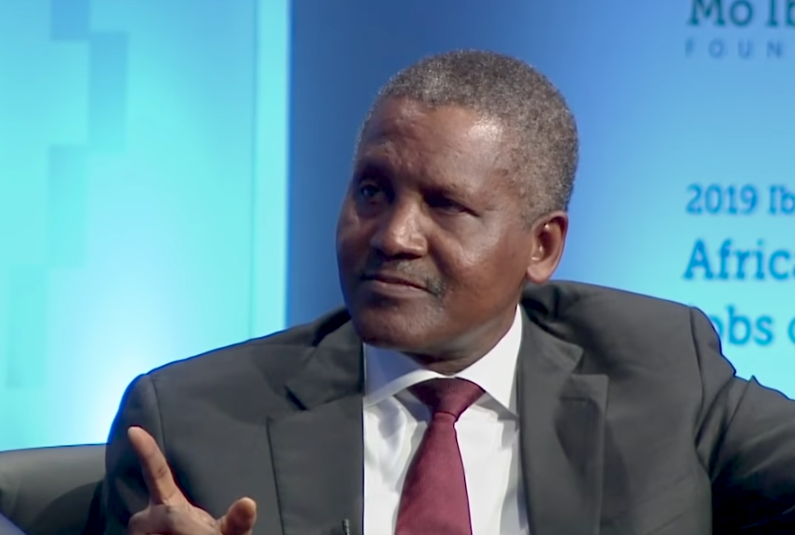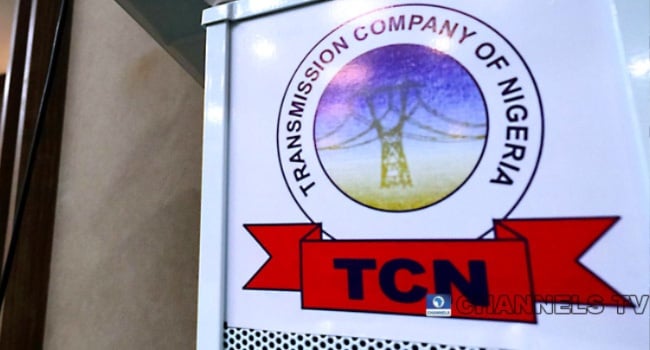A bundle of naira notes
Tajudeen Abbas, speaker of the house of representatives, says Nigeria’s efficiency in collecting value-added tax (VAT) is the lowest in Africa.
Abbas spoke at a two-day retreat for members of the house of representatives in Abuja on Tuesday.
The legislative retreat is focused on economic transformation and development and is organised by the lower chamber in collaboration with the Federal Inland Revenue Service (FIRS) and the Konrad Adenauer-Stiftung Foundation.
Speaking on the theme ‘Navigating change: Legislative strategies for economic transformation,’ Abbas said Nigeria’s tax revenue struggles are primarily due to narrow bases for indirect taxes, low compliance rates among taxpayers, substantial tax exemptions, and generally low tax rates.
Advertisement
According to Abbas, Nigeria, Africa’s most populous nation, has long been grappling with issues related to tax collection and revenue generation.
“This situation is compounded by a lack of enthusiasm and morale for tax compliance, contributing to the nation’s underwhelming fiscal performance,” he said.
“Comparatively, Nigeria’s efficiency in collecting VAT is the lowest among its African peers, indicating significant inefficiencies in its tax system.
Advertisement
“This trend of low tax revenue, coupled with a continued dependency on the increasingly unstable oil revenue, presents a major risk to Nigeria’s fiscal sustainability.
“It also highlights an important area for potential reform to boost revenue and stabilise the country’s economic framework.
“The lack of growth in non-oil revenue sources and the volatile nature of oil income underscore the urgent need for Nigeria to diversify its revenue base and enhance its fiscal management to ensure economic stability and growth.”
The lawmaker said as a critical arm of government, the legislature has a crucial role in shaping the nation’s economic transformation and development.
Advertisement
“Part of our law-making powers is the authority to enact tax reforms and strengthen resource governance mechanisms,” Abbas said.
“By designing and implementing progressive tax policies, we strive to ensure a fair and efficient tax system that boosts revenue while fostering economic growth and equity.
“This involves not only broadening the tax base and simplifying tax codes but also enhancing compliance and minimising loopholes that benefit only the wealthy.
“Furthermore, the legislature’s oversight function is central in the governance of natural and financial resources. It ensures transparency and accountability in the exploitation and management of resources, which is essential for sustainable development.
Advertisement
“By holding government and private sectors accountable, the legislature helps prevent the mismanagement and corruption that can often undermine economic progress.”
DIGITALISATION NEEDED FOR TAX EFFICIENCY
Advertisement
In addressing tax inefficiency, Abbas said there is a need for digitalisation and technology to transform tax administrations.
This, he said, would go a long way in enhancing the efficiency, transparency, and fairness of tax systems.
Advertisement
“These advancements enable tax authorities to collect, process, and utilise information more effectively, leading to improved operational capacities,” he said.
“The path to fully digitalising tax administrations is fraught with challenges, particularly in different economic contexts. Developing countries, like Nigeria, often struggle with the absence of fundamental technological infrastructure, which hampers the implementation of digital tax systems.
Advertisement
“Achieving the full benefits of digitalisation requires not only the adoption of new technologies but also adapting work patterns and overcoming managerial challenges.”
Abbas also said for compliance, integrating digital tools can simplify and make it a more seamless part of taxpayers’ everyday personal and business activities, thereby reducing friction and increasing ease of engagement with tax systems.
Add a comment






